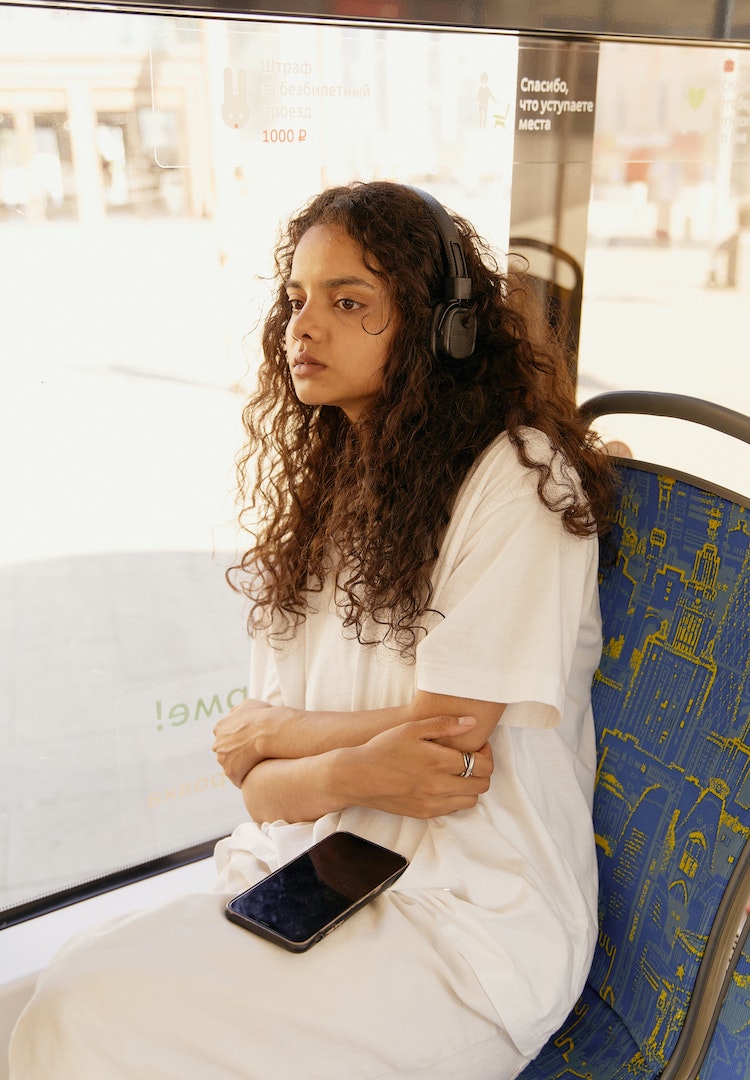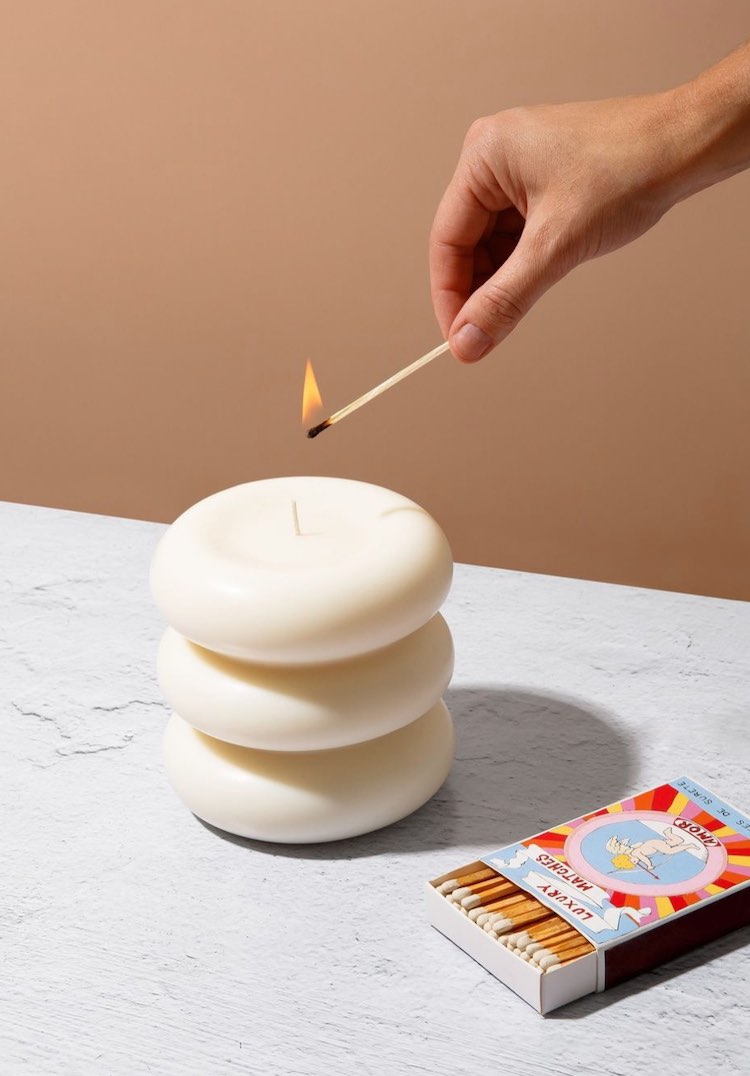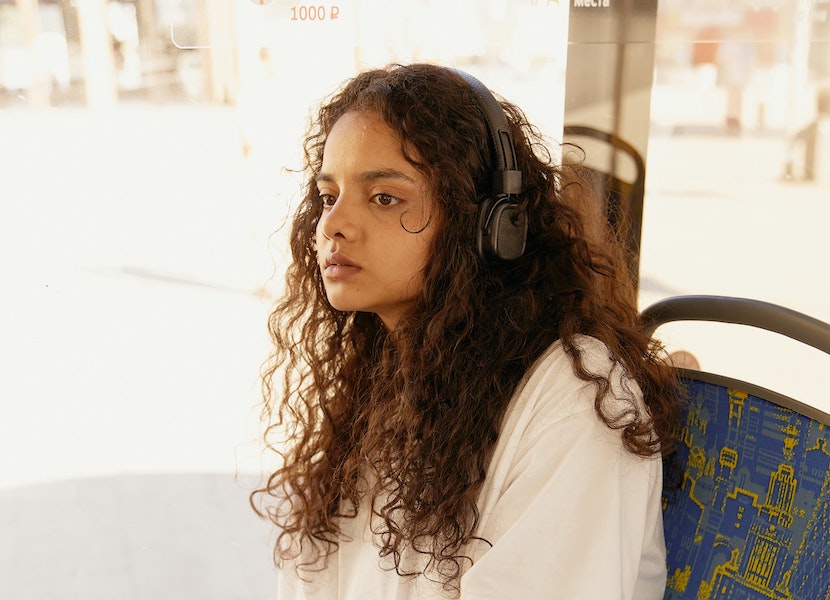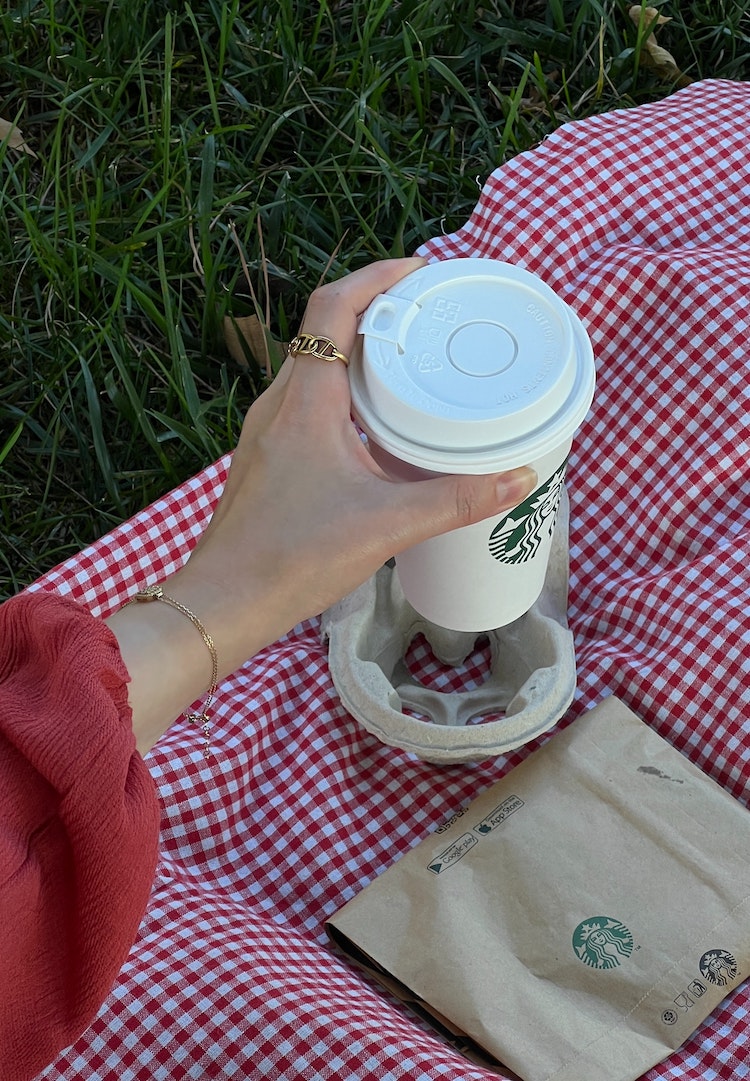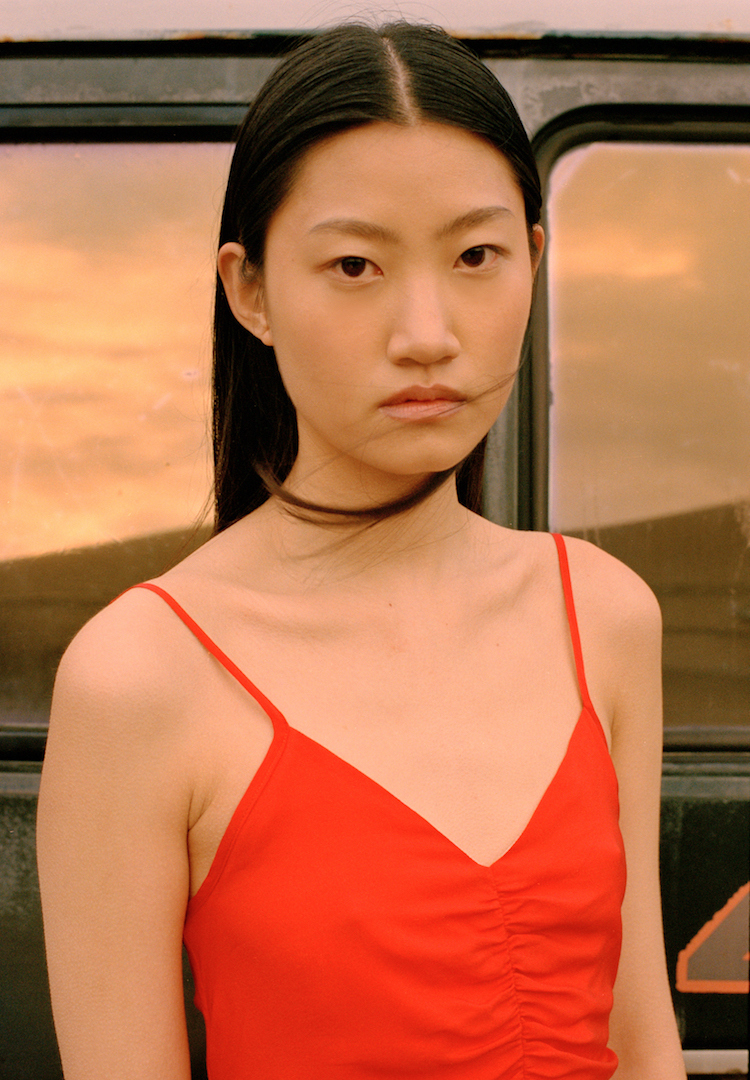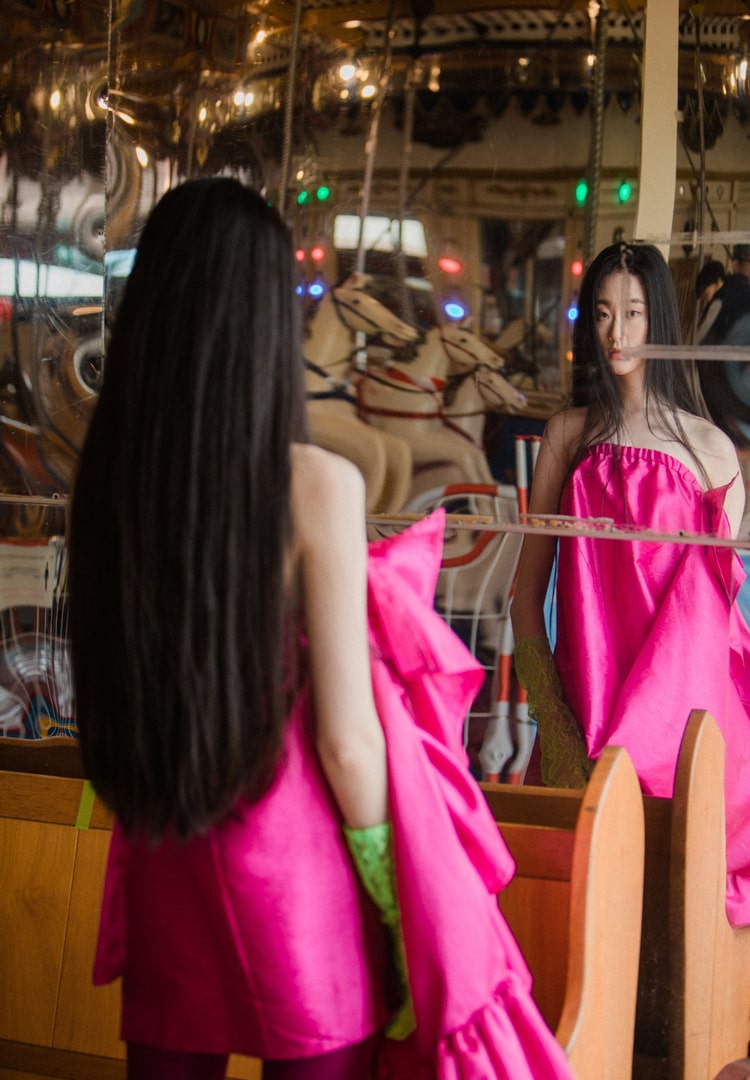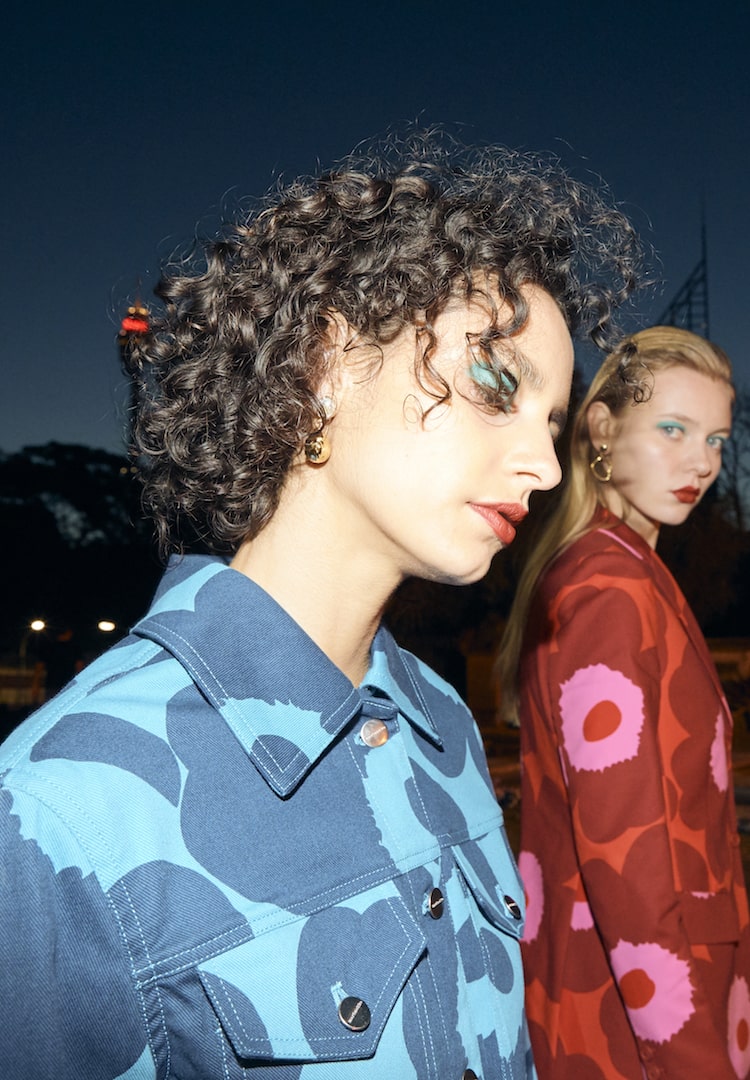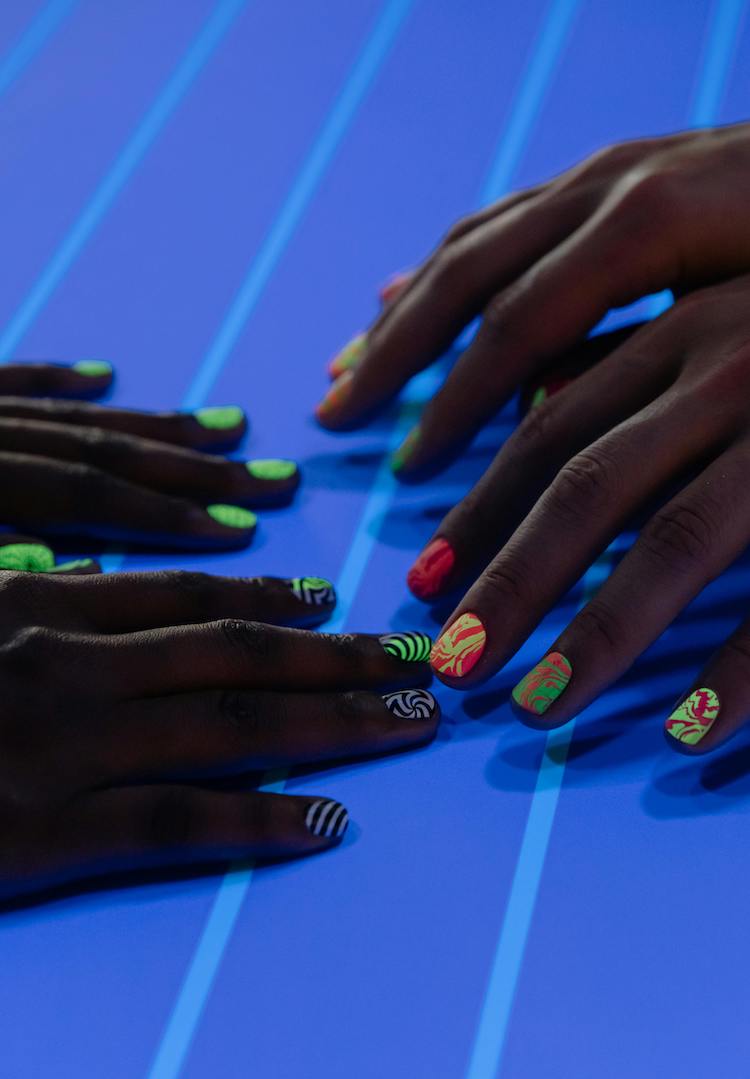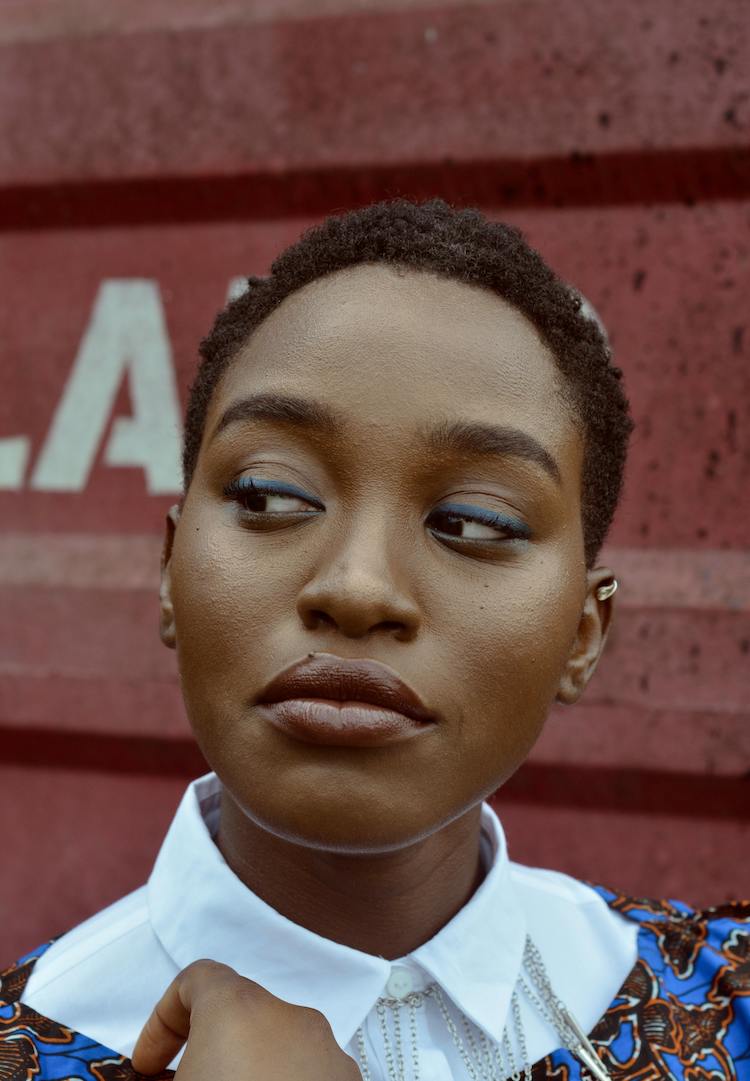An expert’s advice on dealing with ‘future anxiety’ in your twenties
Words by Genevieve Phelan
Help! I am future-fixating.
I’d say my brain is abnormally hyperactive, constantly pondering future possibilities and obsessively planning things in advance. It’s only in the last six or so months that the concept of ‘future anxiety’ has been recurring. This is really just an unofficial term to describe regular rumination about your future, be it career-wise, romantically, or your next overseas trip.
I think one of the biggest exacerbators of future angst has to be comparison. Without the filtered snaps of Europe holidays, proposals and charming baby photo dumps, I doubt I’d be thinking about future plans and milestones so much. I’m also very content with my life right now, so why do I frequently stress about hypothetical scenarios and blueprints for my future?
Interested to hear how others navigate the world? Head to our Life section.
Now that I’m in a long(ish)-term relationship, things like moving in, cohabitating, relationship dynamics and how many nights a week you see your partner come up in conversations with my friends. It’s hard to navigate at times, because there’s no fixed-term plan for your relationship progression, and absolutely no ‘correct’ timeline for big life stuff unfolding.
I’ve also recently fallen into a TikTok portal of wildly aesthetic day-in-the-life vlogs from fellow creatives curating covetable vignettes from their work lives. Oh, and another niche genre of young-ish mum day-in-the-life vlogs, making me admit to wanting a child sooner than I thought. All of it makes me irrationally compare and yearn for something that is, in reality, little more than a highlights reel.
As my mother always says, “Life happens when you’re busy making plans”. If you’re like me and find yourself wondering about the ideal age for settling down, or what your annual income goals should be as a small-business owner (with minimal financial intelligence), let’s take a second to pause.
While comparison robs us of accomplishment and self-satisfaction, I’ve learned that practised gratitude is one of the most powerful ways to take stock of all the brilliant things you’ve got going on in the present. Seeing as I’m no expert in reigning in a restless, forward-thinking mind, I’ve enlisted the help of one of the leading meditation teachers at Headspace App, Dora Kamau.
Dora is an expert in gratitude and anxiety-soothing techniques, and she has some serious perspective to share on ‘future anxiety’ in your 20s. I’ve asked Dora some personal (but hopefully universal) questions around worrying about getting it right in our waiting room years. Turns out, there’s no such thing as ‘right’ at all.
How can the 20-something Gen Z-er or millennial be more present? Especially when we’re constantly looking at other people’s Europe holidays, lives, proposals, babies, move-ins, etc online?
What’s important to remember is that the things we see online are curated. We choose the parts of ourselves we want to put on display for the world, which means, many of us will post our highlights. If we can keep this top of mind, this will help us to stay present in our own experience and to be more gentle and kind towards ourselves. Not everything we see online is what it appears to be in real life. For every high, there’s also a low and that’s the dualistic nature of life.
Another thing to be aware of is how we are choosing to relate to the things that we see online. It really comes down to our relationship. What are the different thoughts and emotions you experience while looking at other people’s lives online? A teacher of mine shared a meditation practice with me that helps to cultivate empathetic joy, mudita – it means finding joy in the joy of others. As we observe people online and watch them achieve certain milestones, this practice can help us to cultivate a sense of appreciation instead of resentment towards others and ourselves.
In romantic relationships, you can easily compare your milestones to those of other friends’ relationships. Maybe you see them achieve something big, like cohabitating, and you feel like you need to get a move on. Is this toxic and unfair to yourself/your partner? How can we resist it?
Comparison is the thief of our presence and joy. Although we may be hitting other important milestones in our own lives, when we compare ourselves to others, we tend to lose sight of that. Gratitude can be a great practice in those moments of comparison. Taking a moment to pause and reflect on everything that you have and everything that you are. By appreciating our milestones, we can learn to appreciate the milestones of others.
Being able to define what success and milestones look and feel like for ourselves liberates us from the idea that we need to be on the same timeline as others. We can ground ourselves to be more in the present by defining these for ourselves and using our own progress as creating a standard. If we can do this, we’ll always be right on time.
I run my own communications consultancy business at age 23, and am often told I’m ‘killing it’, but don’t feel that way all the time. I always think, ‘How am I going to sustain my clients, find new clients when others move on, or continue to upscale my business on my own?’. In terms of work, how can I ground myself more in the present?
Ask yourself, ‘How can I make the most of all that I have now? What are ways I can nurture the beautiful things that I currently have in my life? How can I tend to the areas of my life that I feel are lacking? On my Instagram, I’ve shared two reels that help us question the thoughts we have. Believe it or not, not all thoughts we think are true. If we can challenge our thoughts in those moments, this can help with connecting to the truth of the present moment.
View this post on Instagram
I think it’s also important to point out that thinking in this way isn’t bad. There’s the productive way of approaching these questions and then the not-so-helpful way to approach them, that can keep us stuck in a loop of overthinking. So, as these questions arise they have the potential to motivate you to get creative and find ways to be more present in your work. Again, it really comes down to how you relate to these thoughts!
Do you think TikTok is toxic for people (mainly women) of my age? I’m tuning into baby videos and engagement vlogs and I am nowhere near (nor want to be near) those stages of my life, but see a romanticised version of them and question what my ideal timeline is for big life stuff. Is that healthy?
I think what can be unhealthy about fast-paced videos being consumed at high levels is our minds and bodies don’t have time to fully process what we’re seeing. In turn, we don’t take time to consider where we are and the timeline that we’re working on. TikTok as a creative [tool] is a wonderful way to showcase your creativity. I do think, however, if we engage [with] it in a way that lacks intent and presence, we can get caught up in that comparison cycle.
On the Sunday Scaries podcast, we have an episode that talks about building a healthier relationship with our devices and social media. It’s not TikTok or Instagram that’s the issue, it’s the way we relate to these apps and our perceptions around them. Something I’ve found grounding when I see things like baby videos and engagement vlogs is taking a moment to ask myself, ‘Am I ready for this?’, and you answer that in your question! Intuitively we know that we aren’t ready, but the mind can make us forget that, especially when we get bombarded with those videos.
However, if marriage and babies are something you desire, it’s important to honour that. To have wants and desires as humans is healthy! I think that’s why we tend to care about this type of content and why it can leave such an imprint on our minds and hearts. It’s really about learning to be present with that desire because it can give us a sense of purpose and direction, but not to get caught up in the overthinking and overanalysing thoughts of the future that can come with it.
What are some of the best meditation techniques to practice day-to-day when your mind is racing about the hypothetical future — be it the next day or the next year or the far ahead future?
For many of us when we think of the future, this can cause us to feel anxious. Deep breathing is a simple technique to help our minds and bodies experience a greater sense of grounding, calm and balance. It’s as simple as breathing in through the nose and breathing out through the mouth. Ensuring we’re breathing into our bellies and exhaling nice and slow.
The noting technique, where we’re practising cultivating a sense of presence around our thoughts and emotions. Traditionally, the breath is our point of focus and for a period of time, you maintain a sense of focus on the breath and when thoughts and emotions arise, you guide the focus back to the breath. In this technique what’s bound to happen is the mind will be flooded with all types of thoughts and this is completely normal.
The mind likes to think, feel and wander, usually to the past or to the future. So if we can curiously and kindly acknowledge the thought and bring our focus back to the breath, we’re able to cultivate a greater sense of presence and can stay in the moment, instead of stuck on the past or lost in the future.
Genevieve Phelan is Fashion Journal’s Lifestyle & Careers Columnist. Her writing fuses introspection with investigation, calling on her own personal anecdotes and the advice of admired experts in the realms of intimacy, money, friendship, careers and love. You can find her here and here.


